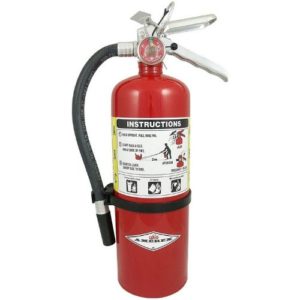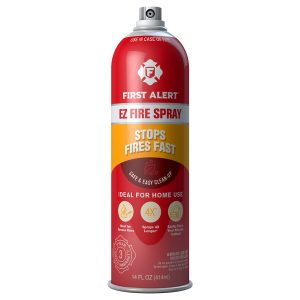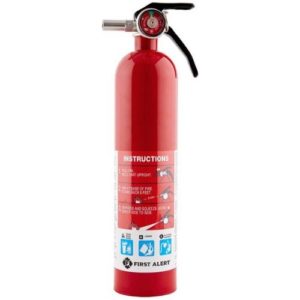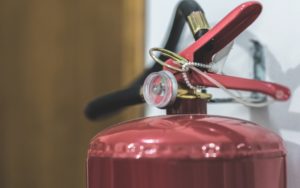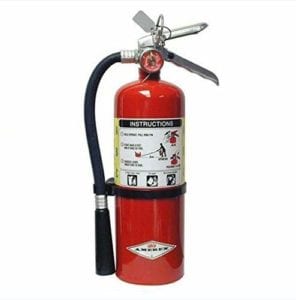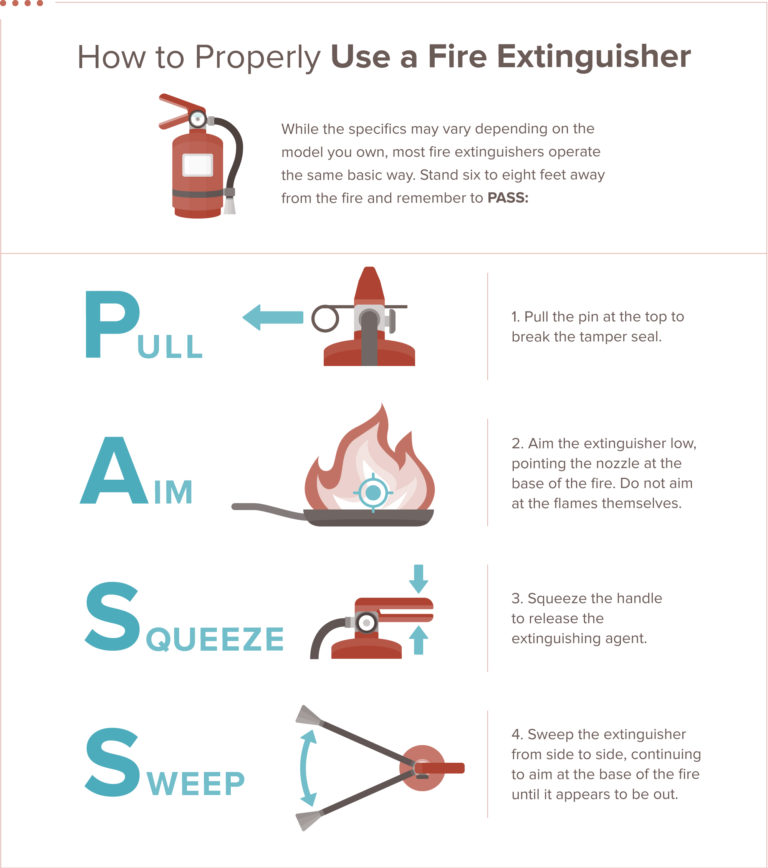When we started researching the best fire extinguishers for our fire safety guide, we talked to Henrico County firefighter Sarah Hill. Right away, she recommended the Amerex brand. When asked why it was her top pick, she said, "Reliable. It's what we use."
We found that it's one of the most recommended fire extinguishers on the market, and its steel casing and aluminum valves make it durable enough to withstand a fire and be recharged for future use.
Here's more about Amerex and our other top picks for extinguishing a grease fire, electrical fire, fires with ordinary combustibles, and more.


